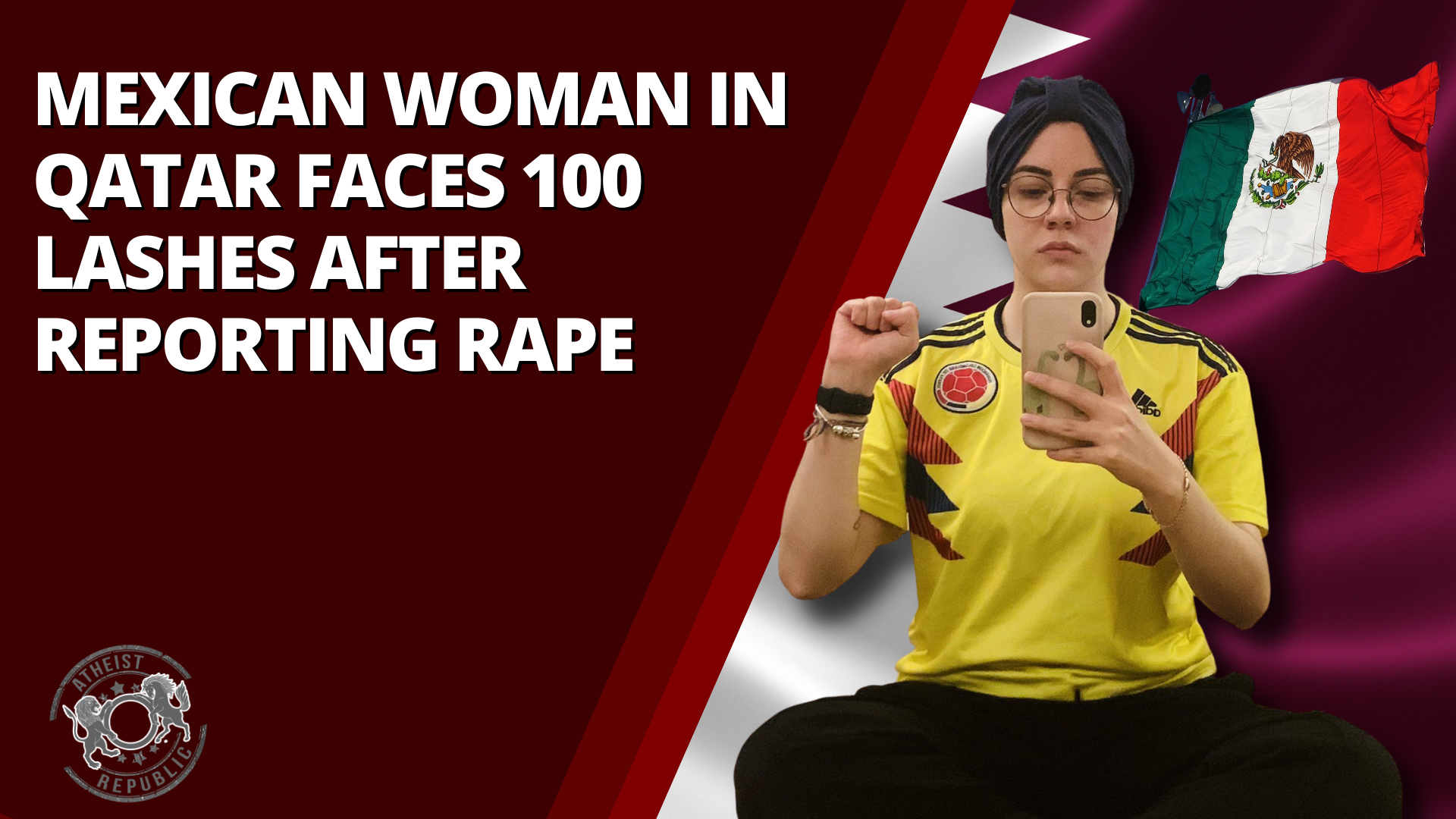
A Mexican Muslim woman who was employed to help organize the 2022 FIFA World Cup in Qatar was forced to leave the country after being sexually assaulted. Paola Schietekat worked in Qatar’s Supreme Committee for Delivery & Legacy when a colleague sexually assaulted her last June.
Instead of filing a complaint against her attacker, Qatari officials turned the investigation against Schietekat. “It was three hours of interrogation in Arabic, and at a certain point, they demanded a virginity test,” she said. “It was a very strong humiliation,” she added.
Schietekat recalled being motionless for about 10 minutes after the attacker lunged at her and sexually assaulted her. “I ended up with bruises on my ribs, back, shoulder, and the entire left side of my body,” she said.
The assailant told Qatari officials that they had a romantic relationship. The investigation turned from a sexual assault complaint to a case of an extramarital affair.
“Although I had the forensic evidence of the beatings and everything, they believed him and applied the crime of fornication to us in an extramarital relationship,” Schietekat explained. Extramarital relationships and sex outside of marriage are punishable by jail time and up to 100 lashes.
A World Cup official is facing a sentence of 100 lashes and 7 years in jail for 'extramarital sex' after she reported being raped while working in Qatar.
Paola Schietekat was told by lawyers that one way of avoiding conviction was to marry her rapist.https://t.co/8Ay4Y3mjkZ
— Women's Voices (@WomenReadWomen) February 22, 2022
The 28-year old was working as a World Cup official for the Qatari government agency in charge of organizing and preparing for the 2022 World Cup. The 2022 FIFA World Cup will be hosted in Qatar in November.
After the horrible experience with Qatar’s insanely patriarchal legal system, Schietekat was able to leave the country with the help of Human Rights Watch and her employers.
According to Schietekat, her attacker was acquitted of the assault charges because there was no video evidence of the incident. “There were no cameras pointing directly at the door of the apartment, so there was no way to verify that the assault happened,” she explained.
Rothna Begum, a senior women’s rights researcher with the Human Rights Watch, called Schietekat’s supposed trial a “series of irregularities.” “She was interrogated in Arabic, without adequate translators, and put her face to face with the aggressor, and they believed him, so they filed charges,” Begum explained.
